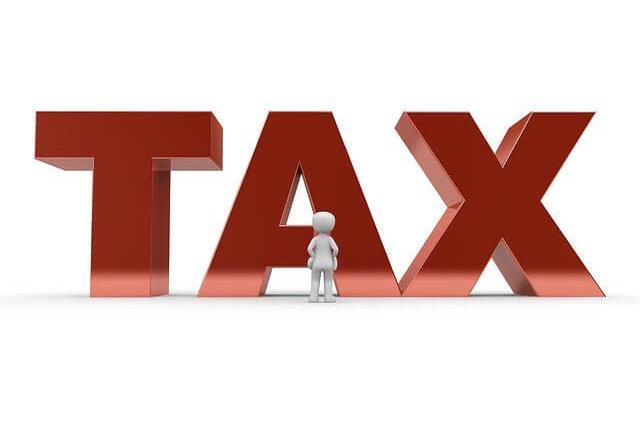Tax rate goes up
Charlotte homeowners can expect a bigger property tax bill this year. Only a tiny portion of the increase, however, is due to growth in the town’s budget.
On July 22, the selectboard approved a municipal tax rate of 0.1834 percent, as recommended by treasurer Mary Mead, for fiscal year 2025, which began on July 1. Previously, the rate was 0.1804 percent.
The homestead education tax rate, meanwhile, rose from 1.0911 percent to 1.2921 percent. This figure comes from the state, which uses a complex formula that takes into account the local school district’s “weighted” per-pupil spending.

That 18.4 percent jump comprises the lion’s share of the 16-percent rise in Charlotte’s overall homestead rate, which went from 1.2715 percent to 1.4755 percent. A resident who owns a house with an assessed value of $500,000 will now pay $7,377.50 in property taxes.
The new non-residential tax rate is 1.5146 percent. In total, Charlotte expects to collect $2,529,467 in municipal taxes, with non-tax revenue covering the remainder of the town’s $4,241,234 budget.
Mead characterized Charlotte’s financial position as “much, much better than last year.” The town underspent its budget for fiscal year 2024, and revenues exceeded expectations, creating a surplus of $221,229.44 with just a few bills still to arrive.
Mead highlighted savings on employee health benefits. She said those ended up costing $22,591 less than anticipated because municipal workers submitted fewer claims for out-of-pocket medical expenses than the town had budgeted for in its Health Reimbursement Arrangement.
After setting the tax rate, the selectboard considered enacting an ordinance amendment that would have dropped the speed limit on Ferry Road, between Greenbush Road and the railroad tracks, from 40 to 35 mph, as advised by the Chittenden County Regional Planning Commission.. But board member Lewis Mudge urged a more significant reduction. At its next meeting, the board will consider a 25-mph limit.
The board spent the remainder of Monday’s meeting in a trio of executive sessions, concerning “a formal complaint made against a public officer” and “potential disciplinary action against a public officer.” Having invited an unnamed complainant into the first of these sessions and Charles Russell, the chair of the development review board, into the second, the meeting ended without the board taking action.
Related Stories
Popular Stories
If you enjoy The Charlotte News, please consider making a donation. Your gift will help us produce more stories like this. The majority of our budget comes from charitable contributions. Your gift helps sustain The Charlotte News, keeping it a free service for everyone in town. Thank you.
Andrew Zehner, Board Chair






